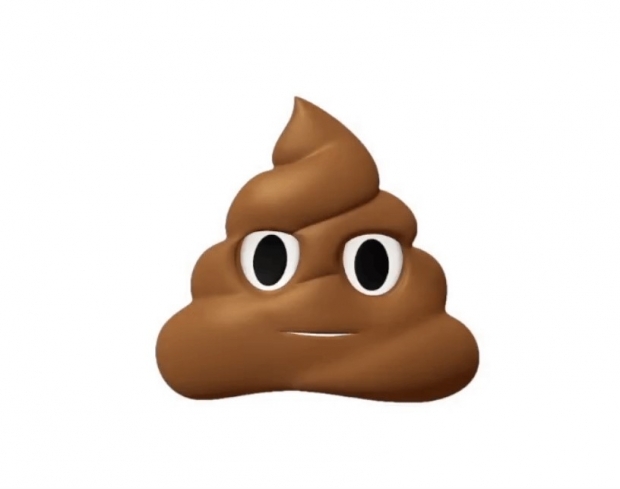The Court of King's Bench decision said a grain buyer with South West Terminal sent a text to farmers in March 2021 saying that the company was looking to buy 86 tons of flax for $17 per bushel to be delivered in the autumn. The buyer, Kent Mickleborough, later spoke with Swift Current farmer Chris Achter on the phone and texted a picture of a contract to deliver the flax in November, adding "please confirm flax contract." Achter texted back a thumbs-up emoji. But when November came around, the flax was not delivered and prices for the crop had increased.
Mickleborough said the emoji amounted to an agreement because he had texted numerous contracts to Achter, who previously confirmed through text message and always fulfilled the order.
The farmer argued that the emoji indicated only that he'd received the contract in the text message. "I deny that he accepted the thumbs-up emoji as a digital signature of the incomplete contract," Achter said in an affidavit to court. "I did not have time to review the Flax Contract and merely wanted to indicate that I did receive his text message."
Justice Timothy Keene said in his June decision that the thumbs-up emoji did meet signature requirements and therefore the farmer breached his contract.
The judge pointed to a Dictionary.com definition of the thumbs-up emoji, which said it is used to express assent, approval or encouragement in digital communications.
"This court readily acknowledges that a (thumbs-up) emoji is a non-traditional means to `sign' a document but nevertheless under these circumstances this was a valid way to convey the two purposes of a `signature,"' Keene wrote in his decision. Keene's decision noted the case is novel, but the judge said emojis are now commonly used. So I guess he gave Achter's case a thumb's down.

